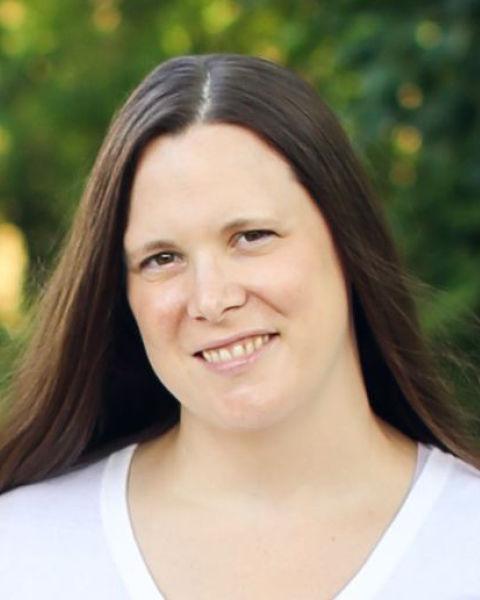
Biography
Dr. Jill Felker serves as an assistant teaching professor of biochemistry and molecular biology at Penn State Berks. Her research focuses on emerging contaminants in the environment and their impact and relationship with environmental microbial communities. She uses her diverse background in environmental science, biology, microbiology, biochemistry, and engineering to develop new approaches, models, and techniques to help study antibiotic-resistant pathogens in the Blue Marsh Watershed in Reading, Pennsylvania.
Her primary research focuses on environmental antibiotic resistance and the anthropogenic drivers that may pressure ecological conditions to favor antibiotic-resistant pathogens. Dr. Felker examines water quality and uses molecular and microbiological techniques to determine if bacterial isolates can be classified as superbugs (bacteria resistant to multiple antibiotics). She also studies toxic algae blooms and microplastics found in the environment. Most of her research findings can have human health implications, and she prioritizes documenting and sharing those findings with the scientific community and the public.
Awards and Honors:
- Society of Women Environmental Professionals Graduate Scholarship 2019
- Outstanding Part-Time Teacher Award for Penn State University Berks Campus 2015
Research Interests
Dr. Jill Felker’s research focuses on emerging contaminants in the environment and their impact and relationship with environmental microbial communities. She uses her diverse background in environmental science, biology, microbiology, biochemistry, and engineering to develop new approaches, models, and techniques to help study antibiotic-resistant pathogens in the Blue Marsh Watershed in Reading, Pennsylvania.
Dr. Felker’s primary research focuses on environmental antibiotic resistance and the anthropogenic drivers that may pressure ecological conditions to favor antibiotic-resistant pathogens. She looks at water quality and uses molecular and microbiological techniques to determine if bacterial isolates can be classified as superbugs (bacteria resistant to multiple antibiotics). She also studies toxic algae blooms and microplastics found in the environment. Most of her research findings can have human health implications, and she prioritizes documenting and sharing those findings with the scientific community and the public.
Education
Ph.D., Antioch University, Antioch University New England, Keene, NH, USA, 2023.
- Major: Environmental Studies
- Supporting Areas of Emphasis: Antibiotic Resistance in the Environment
- Dissertation Title: "Connecting Antibiotic Resistance to the Environment (CARE): Introducing a Novel Framework Integrating Chemical Cross-Resistance and Place-Based Engagement to the Blue Marsh Watershed in Reading, Pennsylvania"
M.S., Antioch University, Antioch University New England, Keene, NH, USA, 2019. Major: Environmental Studies
M.S., Penn State Harrisburg, Harrisburg, PA, USA, 2011.
- Major: Environmental Pollution Control
- Thesis Title: "Presence of the tetA Gene in Bacteria from Soil Irrigated with Greywater Containing Triclosan"
B.S., Penn State University, The Behrend College, Erie, PA, USA, 1999. Major: Biology